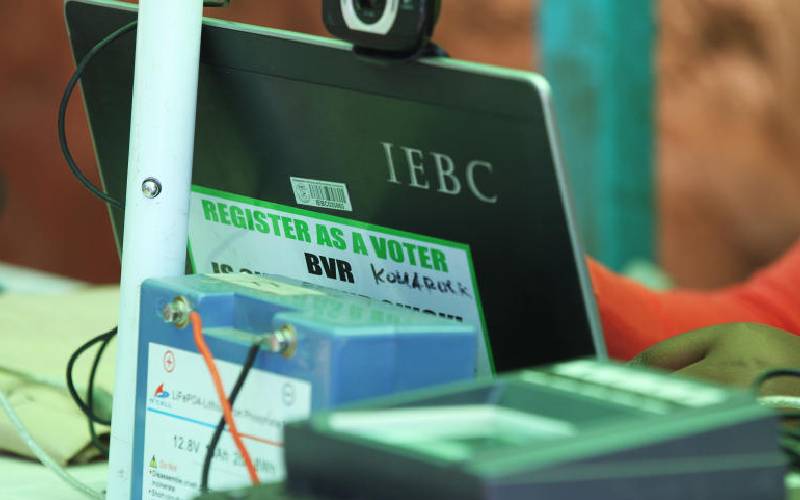×
The Standard e-Paper
Smart Minds Choose Us

The last five articles have targeted voter education to a category of voters who are eligible but have not registered. Today, we target a special category of voters whose utterances and conduct can make or break the outcome of an election. Can mean peace or violence.